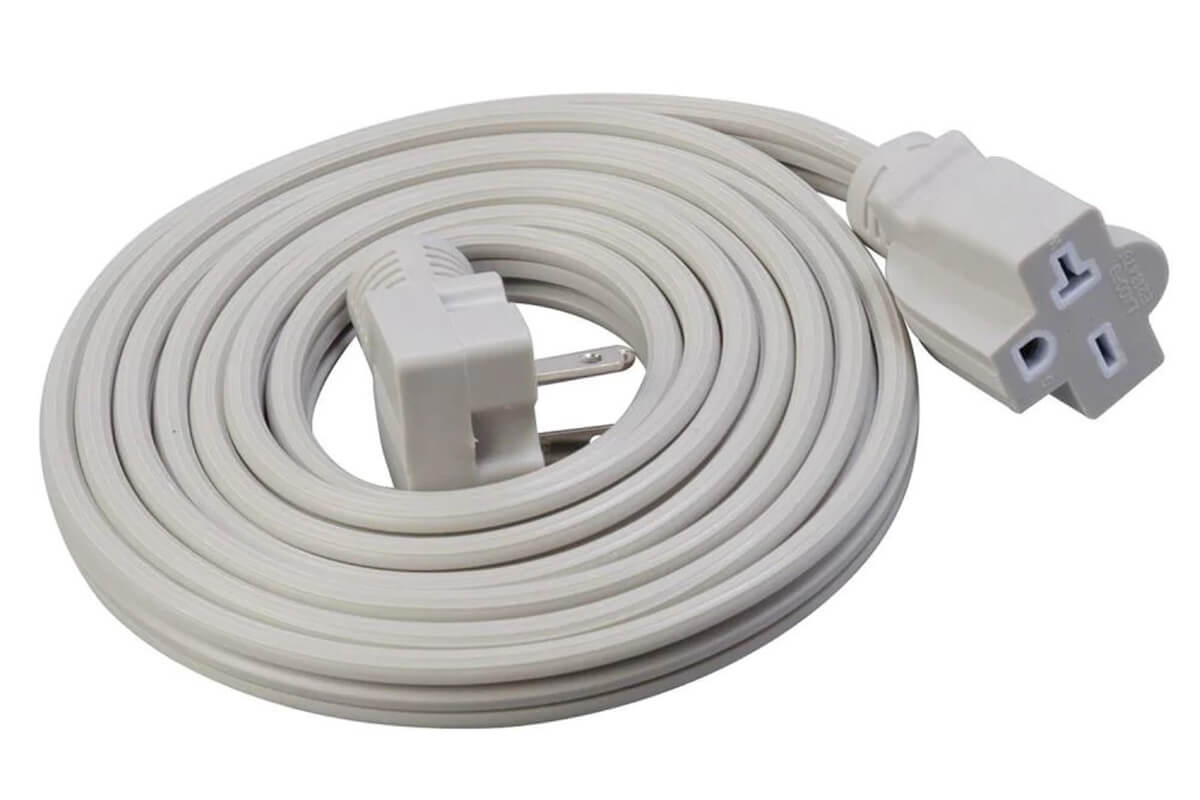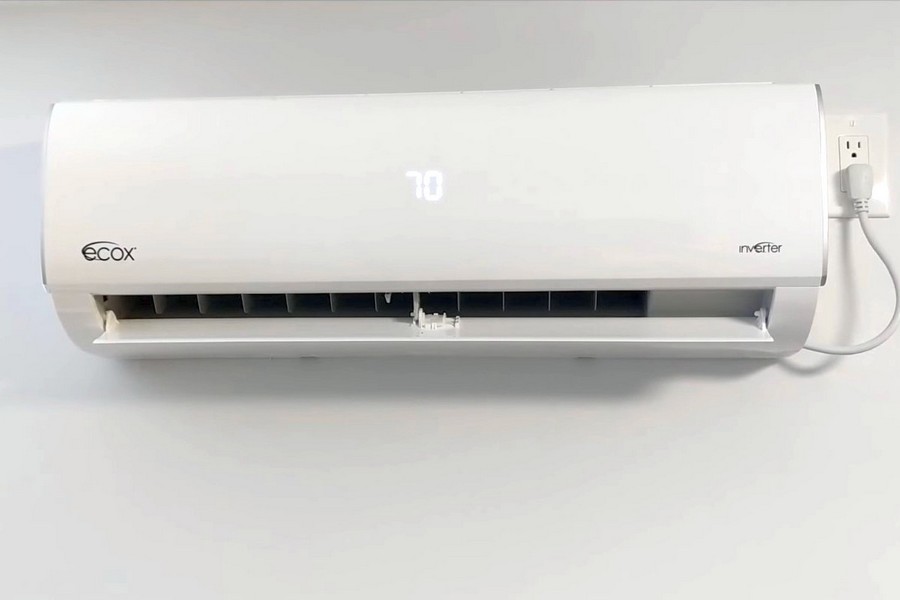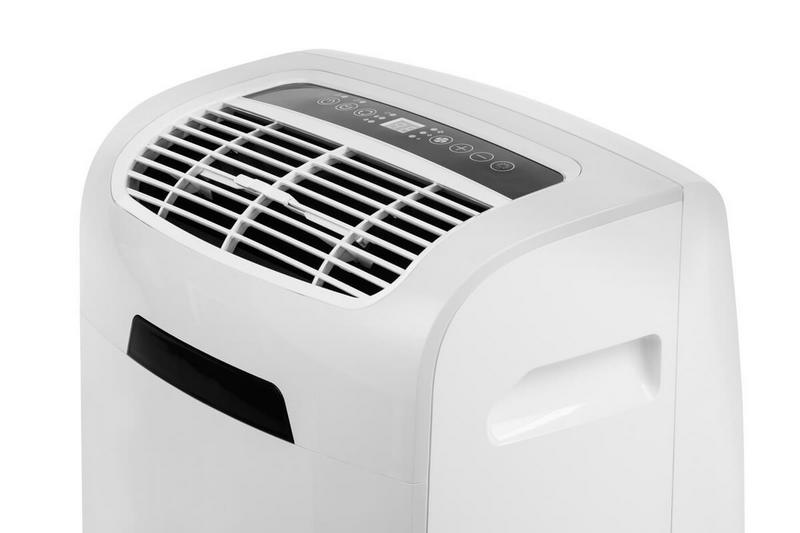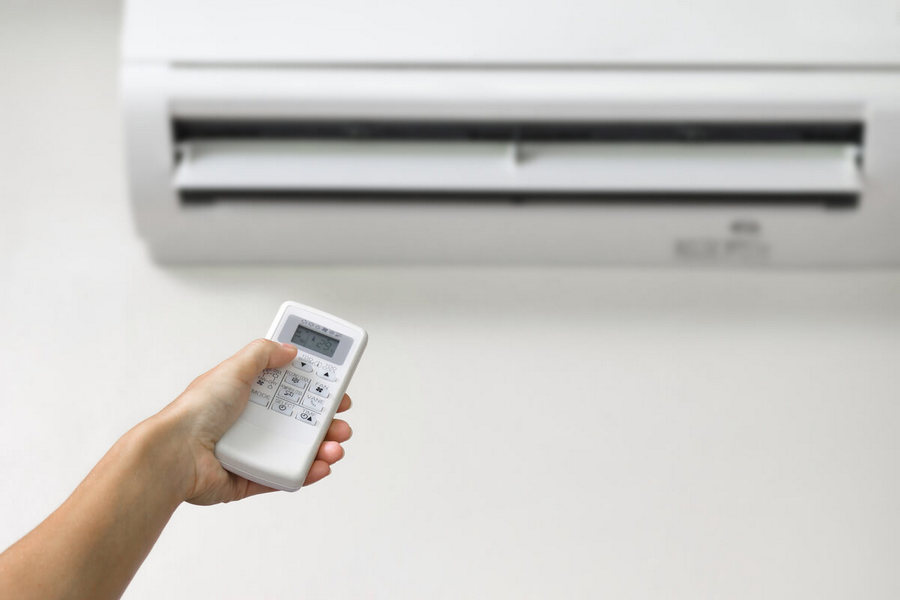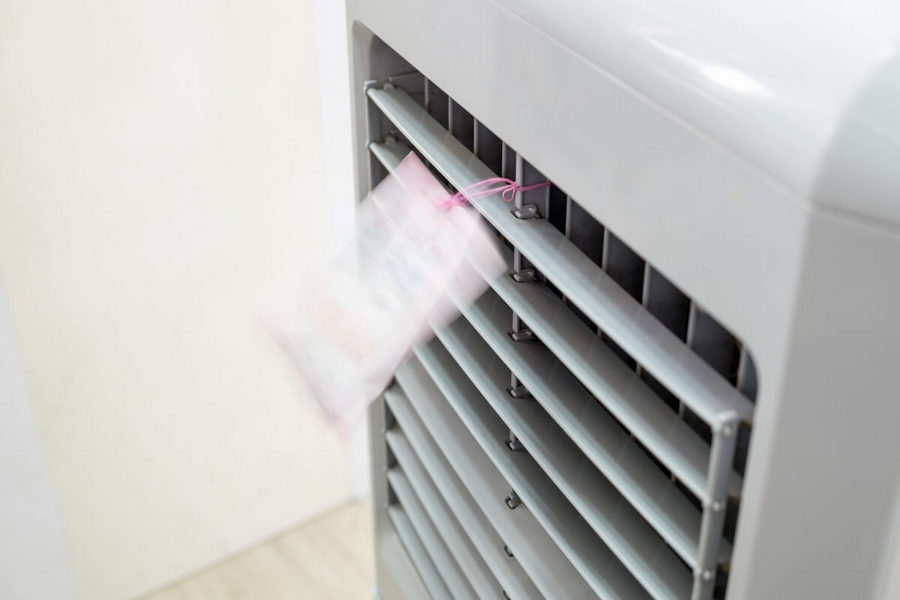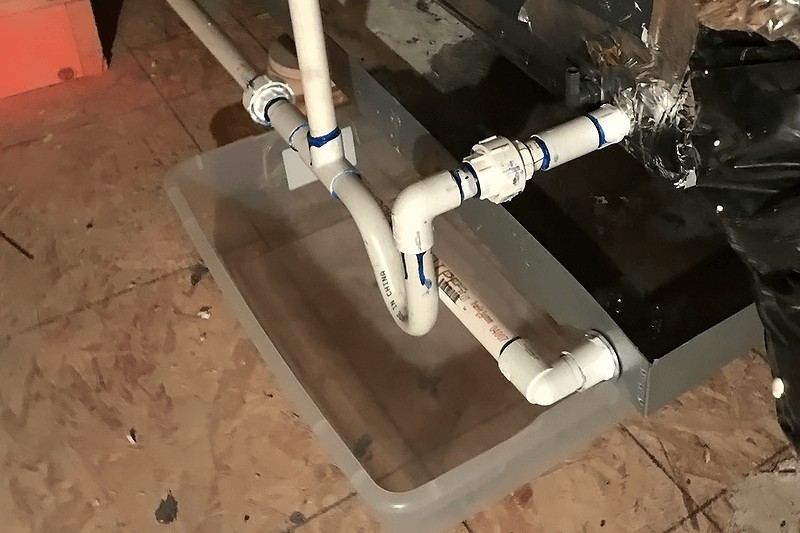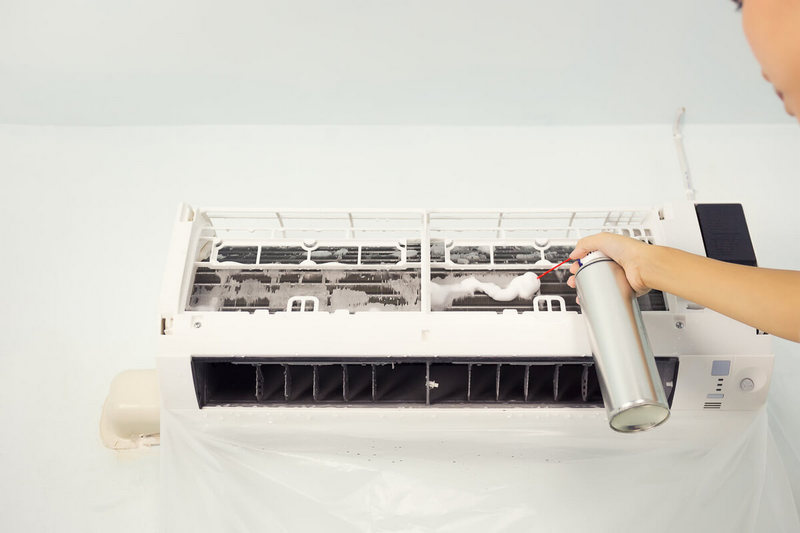The majority of modern air conditioners do not have an air conditioner extension cord. However, in case you just bought an air conditioner with a cord, and are clueless on how to use it, we have prepared a guide below on how to use the extension cord for your air conditioner.
The air conditioner extension cord should be used with great care because it can cause other electrical issues that may lead to a fire. This especially happens if you use the wrong extension cord for your air conditioner if the original one becomes faulty. Check out the guide below for all you need to know about air conditioner extension cords.
What is Extension Cord for an Air Conditioner?
An extension cord for an air conditioner is a long flexible power cable that has a plug on one of its ends and several sockets on its other end. The extension cord is used by plugging the cable of the window AC unit into one of the sockets of the extension cord. The extension cord is then plugged into an electric socket to power the air conditioner.
You need to consider two factors when finding the right extension:
The capacity of the current
What is the power efficiency of your AC unit? A medium window AC uses a maximum of 20 amps and a minimum of 4 amps (source). To know the amount of power your window AC unit uses, we recommend you check the manual.
If you’re unable to use the manual, check the power symbol of the AC as well as the wattage on the back of its body. Divide the value of the wattage with the value of the volts and you will get the amps rating for your AC.
The wire gauge
How much current does your AC carry? If, for instance, it carries about 20 amps, then you will need a heavy-duty cable, such as a 12-gauge wire cable.
Related: 10/2 or 10/3 Wire for Air Conditioner
Is It Safe to Plug AC into an Extension Cord?
Although it’s easy to plug appliances into extension cords, we do not recommend plugging an air conditioner into an extension cord. This is because it puts the electrical system at risk of developing electrical fires that may damage the building. Electrical fires occur when the electric current of the AC is higher than what the extension cord can handle.
Instead, for safer use, an air conditioner should be plugged in a grounded socket that can handle high voltage. This is why ACs come with a short thick outlet cord. The short thick power cords are designed to handle high amounts of electricity compared to thin outlet cords that would be overwhelmed by the high voltage.
What Gauge Extension Cord Do You Need for AC?
In case you have no option and need to use an extension cord for your air conditioner, we recommend that you opt for a heavy-duty cable that can handle the voltage of the air conditioner. Heavy-duty extension cords tend to be shorter with high amps such as the 14-gauge wire or the 12-gauge wire.
The lower the electric gauge, the more current the extension cord can handle. We recommend 12 gauge wires extension cords on Amazon if you need to buy an extension cord for your air conditioner unit.
How to Use an Extension Cord for an Air Conditioner Without Fire Risk?
As we mentioned above, fire risks resulting from AC units occur when one uses the wrong extension cord that cannot handle the voltage of the AC unit. This leads to electrical issues that may result in electrical fires that threaten the entire building and anyone within it.
The best way to use an extension cord for an air conditioner without fire risk is using the right type of extension cord. We recommend using a heavy-duty AC extension cord that has a low gauge of between 12 and 14 and high amps.
If you are not an expert in electrical wiring, do not try to figure out the AC ratings on your own. You can take a photo on your phone of the AC details on the plug and show it to a licensed electrician who will advise you on the best course of action. Buying a portable air conditioner that does not require any extension cord might help.

